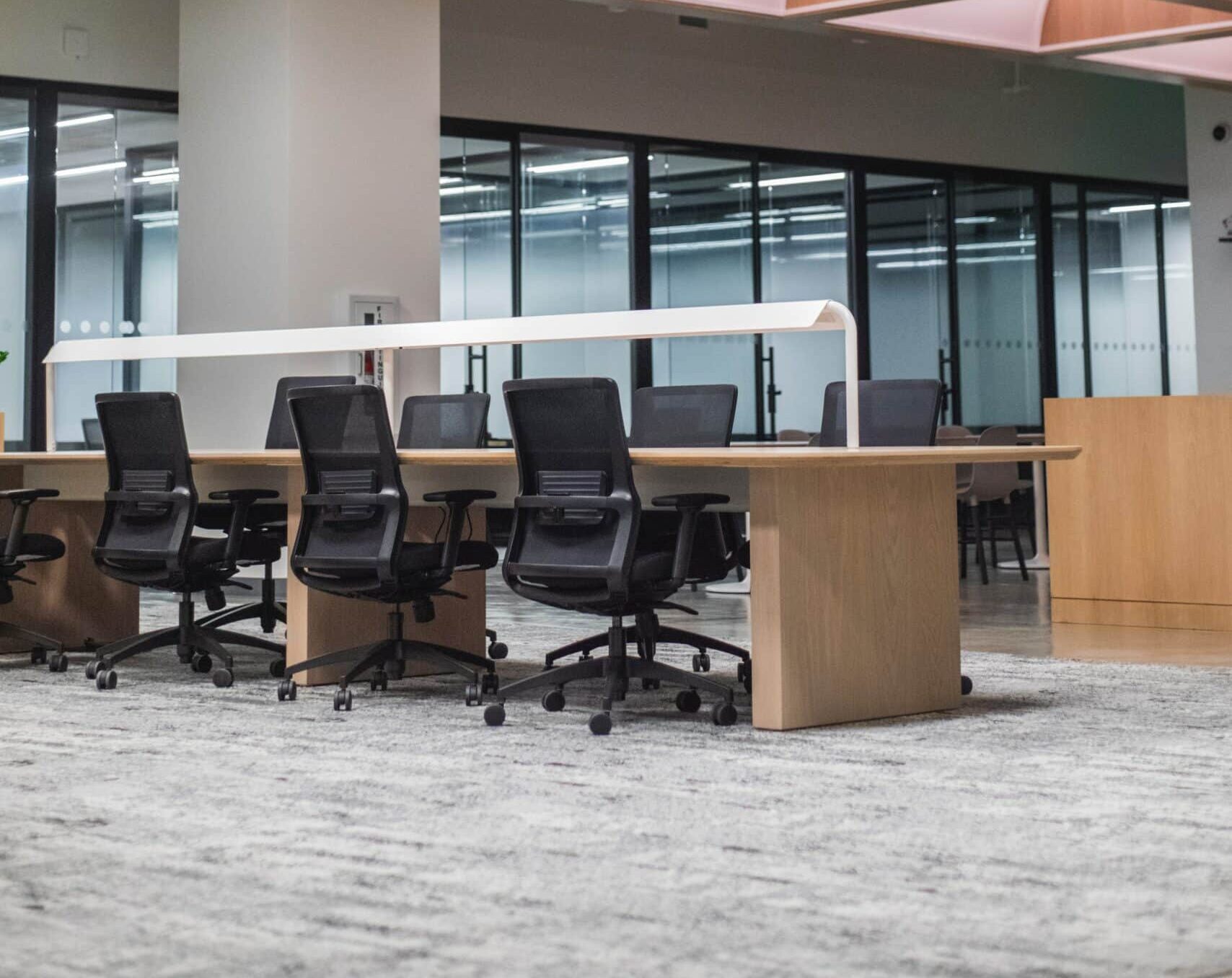
All organisations are trying to work out what the future of the office looks like. But without your input, the final decisions may not help your career. Now is the time to speak up.
Office environment
It has become somewhat of a cliché to talk about the ‘new normal’ post-Covid office but the reality is that many organisations are still trying to work out what suits them best. The trouble is that such decisions can focus on the needs of the decision-makers themselves, often senior leaders, or the financial realities involved in running a physical office. There is a danger that they do not accurately reflect the needs of all those across the organisation, not least newer entrants to the team. The additional complication is that those newer members of the team may lack the channels to input their thoughts into a decision that will fundamentally impact on the shape of their future careers.
Speaking up though is often easier said than done.
Personal priorities
In the first place, it is important to work out what your office priorities are. Going through this process will mean that you input is meaningful. Think about how you work, what you enjoy and, if you worked in an office environment before, either in your current role or previously, what did you like or dislike? Be honest with yourself and think about what you are missing out on.
It may be useful to consider the office as having two main function – productive and social – both of which are hugely important.
The productive side may dominate thoughts but the social aspect, especially for those starting off in a career, is just as important. It is everything from making the office an enjoyable place to be through to being relaxed enough to have the space to ask questions, and it starts to build your networks. Many of those I feel closest to personally and professionally are the people I met in my first job.
It is also important to recognise that there is such a concept as ‘proximity bias’ that some carry with them. This bias suggests that senior leaders, and others in leadership roles, treat those who are physically closer to them better. Quite simply they favour them. This may be something to challenge or embraced if behavioural change is unlikely.
However, what is clear is that new entrants to a team will lack everything from name recognition through to facial recognition with leaders. They simply don’t know who you are and that obviously limits opportunity. It reinforces the proximity bias. Think about how you would challenge that scenario.
As an aside, I enjoyed listening about ‘proximity’ bias on the FT’s Working It podcast (Isabel Berwick, ‘How To Win The War For Talent’, 15 November 2022). I would recommend Working It along with The Nowhere Office, and This Working Life if you want podcast listening to help think more about your working environment. They can be really helpful in considering what you want from work.
Your needs
In the professional setting I would also be considering how can you continue to gain experience from across an organisation and make sure that this is not your only example of speaking up. What shape does the office take that allows you to secure a seat at the table in future as well? Once you have gathered your thoughts then you need to work out how to convey that information and to who. That may be more straightforward in some organisations than others. Many are running consultations to elicit information but if not then ask your line manager. If it is possible to make the case yourself, rather than going through others, then I would take that opportunity. I have personal experience of someone passing on my ideas but failing to say where they originated….
Then try to make the engagement part of an ongoing dialogue rather than simply a one-off.
Organisational benefits
Fundamentally, speaking up allows you to help develop the type of future organisational culture that you want but it is also beneficial for the organisation as well. Try to put your feedback into that wider setting otherwise some dismiss it as merely personal pleading.
Such input protects an organisation’s talent and allows for better people retention. There is also a positive story to tell in terms of addressing skills issues as well.
By being pro-active and speaking up, you are helping your organisation react to the uncertainty they face and making them better prepared for the future. They will recognise the value in your contribution and that can only be a good thing for your future as well as theirs.